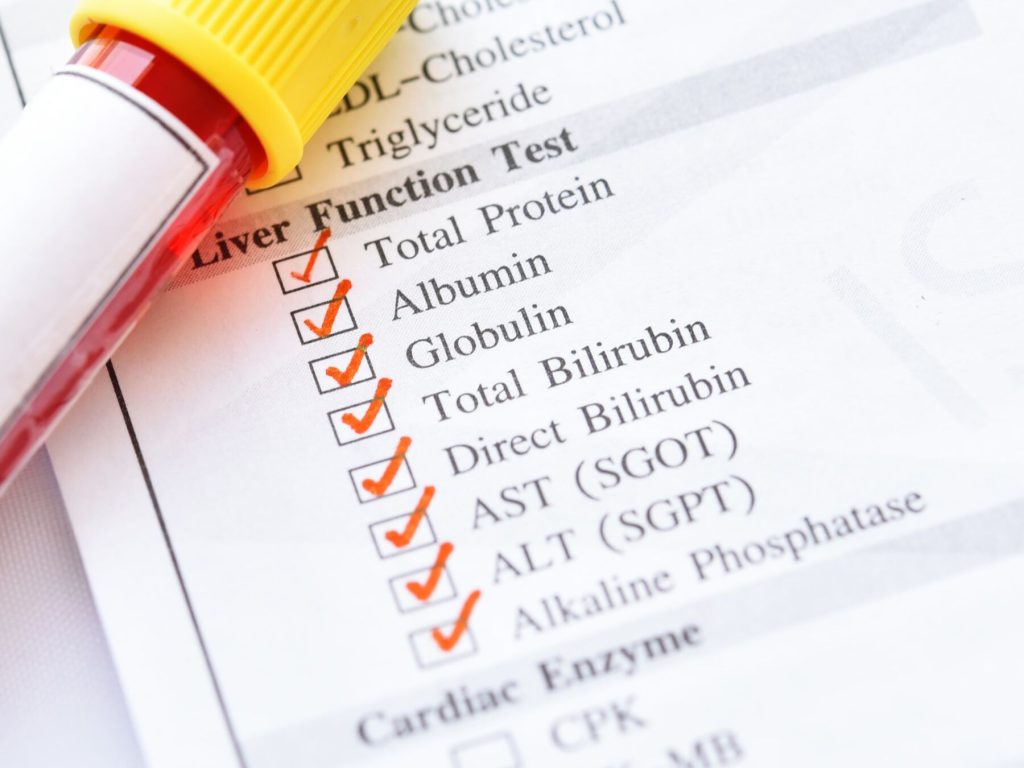Liver function testing is a vital component of comprehensive medical evaluations and plays a crucial role in diagnosing and monitoring various liver disorders. It involves a series of blood tests that assess the levels of certain enzymes, proteins, and other substances produced by the liver. These tests help evaluate liver health, detect liver diseases, and monitor the effectiveness of treatments. Liver function testing is valuable for a wide range of individuals, including those with known liver conditions, and those without apparent symptoms. Let’s explore the various groups that can benefit from liver function testing.
Individuals with liver disease: People who have been diagnosed with liver diseases, such as hepatitis B or C, alcoholic liver disease, nonalcoholic fatty liver disease NAFLD, autoimmune hepatitis, or cirrhosis, greatly benefit from regular liver function testing. These tests help assess the severity of the disease, monitor liver function, and guide treatment decisions.

Individuals with risk factors: People who have certain risk factors for liver disease should undergo liver function testing. These risk factors include excessive alcohol consumption, obesity, diabetes, exposure to hepatotoxic substances, history of blood transfusions or intravenous drug use, and a family history of liver disease. Testing allows early detection and intervention, potentially preventing further liver damage.
Individuals on medications: Certain medications, such as statins, antifungals, and some antibiotics, can have hepatotoxic effects and cause liver function test. Individuals taking these medications on a long-term basis should undergo periodic liver function testing to ensure their liver remains healthy. This is particularly important for patients with pre-existing liver conditions or those taking multiple medications that may interact with each other.
Routine health check-ups: Liver function testing is often included as part of routine health check-ups. Even if individuals do not have any specific symptoms or risk factors, it is still important to assess liver function periodically. Routine testing can help identify liver diseases or abnormalities in the early stages when treatment options are more effective.
Monitoring treatment progress: Liver function testing is essential for individuals undergoing treatment for liver diseases. It helps monitor the effectiveness of medications, determine appropriate dosages, and evaluate the overall response to treatment. Changes in liver function test results over time can indicate whether the treatment is working or if adjustments need to be made.
Preoperative assessments: Prior to undergoing major surgeries, liver function testing is often performed to evaluate the liver’s ability to handle anesthesia and the stress of the procedure. Abnormal liver function test results may influence the surgical approach or help in deciding whether it is safe to proceed with the surgery.
Monitoring overall health: Liver function tests can provide insights into an individual’s overall health. Abnormal liver function test results may indicate underlying health issues unrelated to the liver itself, such as metabolic disorders or certain types of cancer. Thus, liver function testing can serve as an early warning sign for potential systemic conditions.
In summary, liver function testing is beneficial for a wide range of individuals. It is essential for diagnosing liver diseases, monitoring treatment progress, and assessing liver health in those with known risk factors. Additionally, routine liver function testing can help identify liver abnormalities even in individuals without apparent symptoms. By detecting liver diseases early and monitoring liver function over time, these tests contribute to better management and improved outcomes for patients. If you have any concerns about your liver health, it is always advisable to consult a healthcare professional for appropriate testing and guidance.

